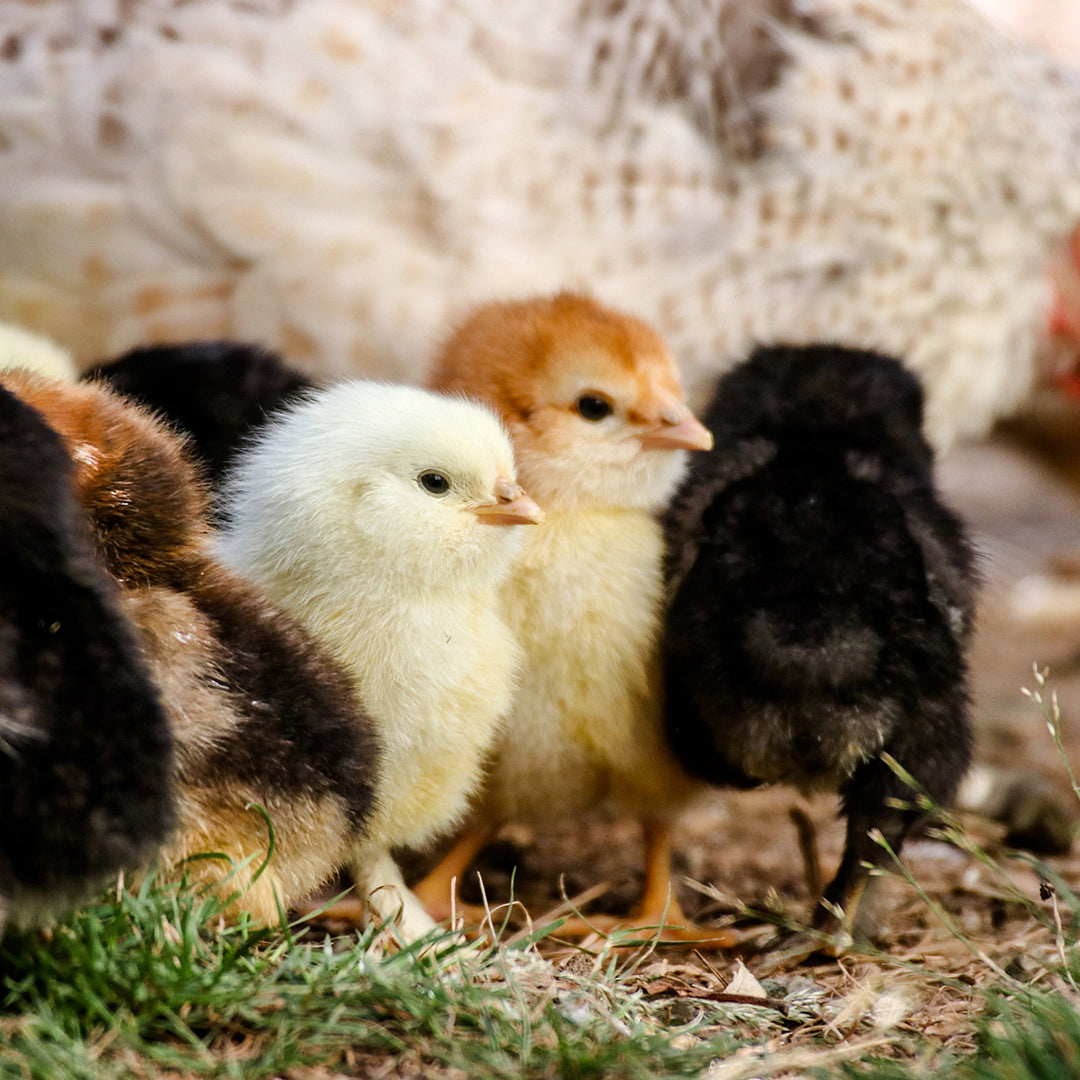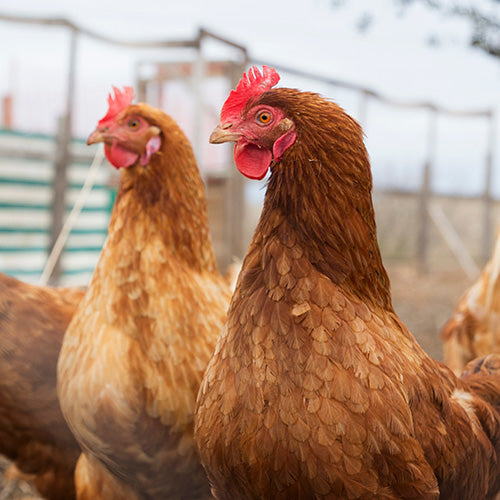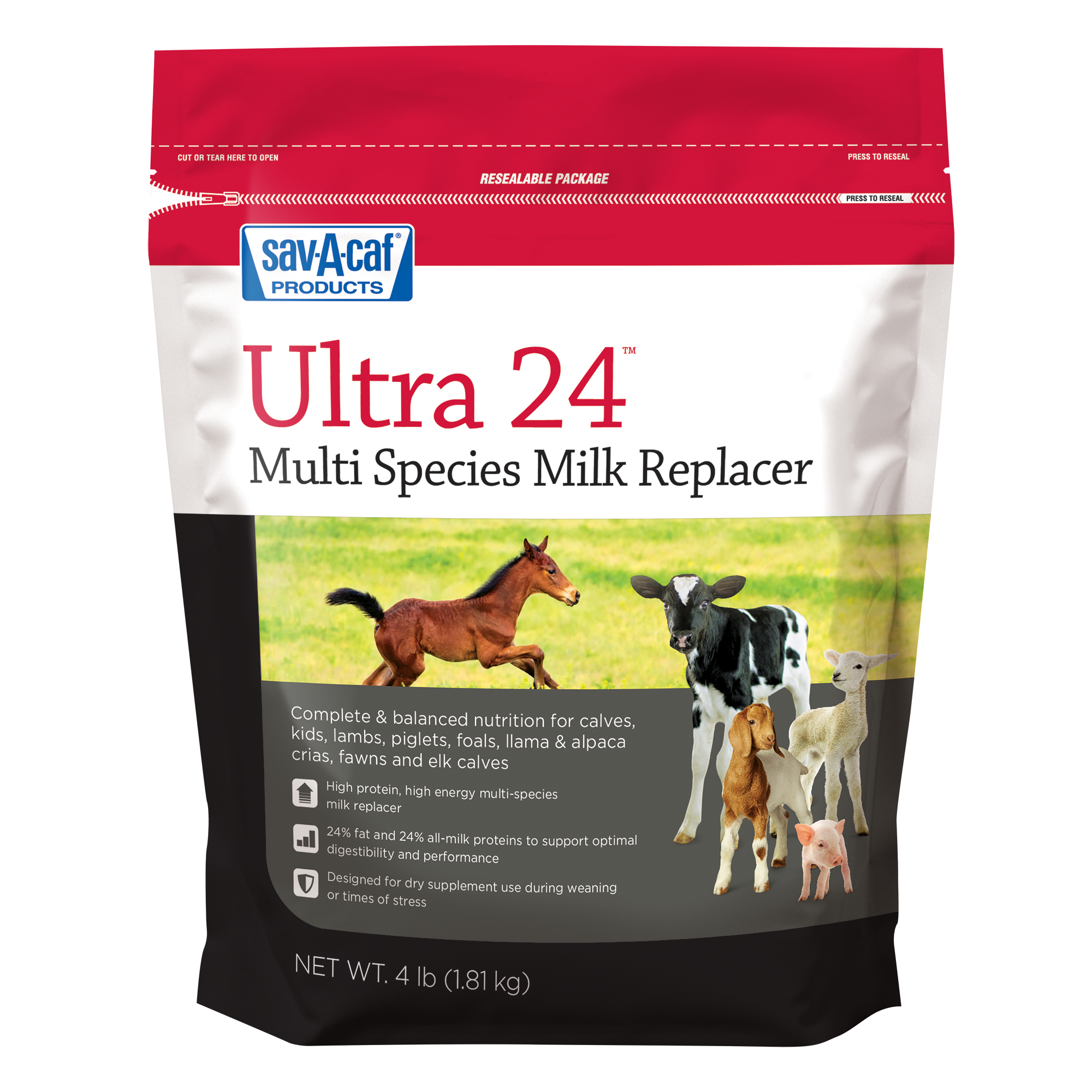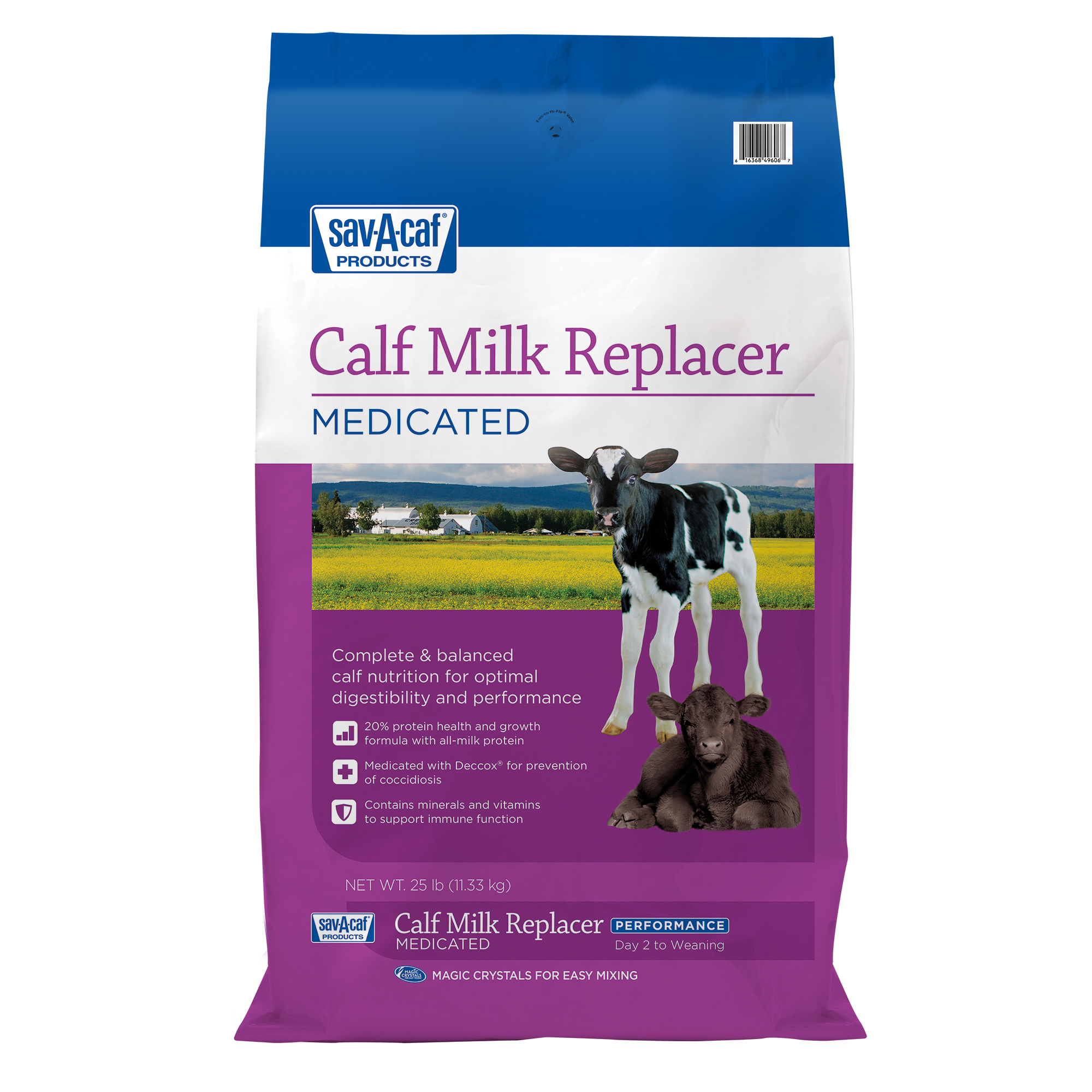
What Causes Scours in Young Animals?
Scours can be a scary possibility when you’re raising young animals. Simply put, scours is diarrhea and can cause severe dehydration that can be deadly. Fortunately, the better you understand the causes of scours, the better you can prevent it.
Pathogens
The same way we can get sick from germs in the environment around us, young animals can get scours from pathogens they pick up. This is why it’s critical to keep their housing, bedding and drinking water clean. If you’re bottle feeding them, be sure to thoroughly clean nipples and bottles between feedings.
Providing colostrum within the first 12 hours is also crucial, as it helps build their disease defenses by supplying essential antibodies, offering protection against pathogens. Since their immune system takes a few weeks to develop, this step on day one is especially vital.
Poor Nutrition
Providing young animals low-quality or insufficient nutrition can also increase the possibility of getting scours. Feeding a high-quality milk replacer at the proper feed rate can help mitigate this.
Carefully consider and maintain the quality, quantity and consistency of your chosen milk replacer to reduce the risk of illness. Look for formulations with at least 22% protein and 18% fat because these proportions are essential for your animals' well-being.
Inadequate Timing and Consistency
Pay attention to the quantity of milk or milk replacer you feed. Feeding too much at one time can disrupt the animal’s digestive system. Opting for smaller, more frequent feedings throughout the day can be easier on their system.
Consistency and concentration are also key, so it can be helpful to look for an easy-to-mix formula that makes it simple to prepare. Milk replacer that is mixed at the wrong concentration will disrupt the absorption of water and nutrients from the digestive tract, leading to diarrhea.
Observe Calves Daily and Know What to Watch for
The sooner you can identify scours in your animals, the better their chances of recovery and overall well-being. Closely observe your animals, particularly during the first few weeks, and be attentive to signs of dehydration. Early indicators may include dryness in the mouth, reduced skin elasticity and cold extremities.
If your animals exhibit watery or unusual-colored stool, coupled with signs of low energy, they might have scours and, consequently, severe dehydration. Offering electrolytes in addition to their milk and along with clean, fresh water can help replenish lost fluids. Electrolyte supplements contain sugars to provide a boost of energy and probiotics to provide additional digestive support.
Often before a calf becomes sick, they display less vigorous feeding behavior, drinking their bottle slowly or incompletely. Offering a treatment of electrolytes at the first sign of this can prevent the calf from getting full- blown scours.
Make a Treatment Plan With Your Vet
If your animals do happen to get scours, it is crucial to have a plan in place. Contact your vet immediately if you think your animal has scours. They can help treat it with antibiotics, fluid therapy, or supplements, depending on how early it is caught and how severe the symptoms are.
Find more tips for your animals on our Facebook and Instagram pages.Find Solutions for Your Animals
-

Whether housed in a coop or free ranging on your farm, your birds are exposed to multiple threats every day that could cause illness or impact their well-being. Now there’s a way to be more proactive with regular support for...
-

You’ve raised your chicks to adulthood and now they’re fully feathered hens. Way to go! Now, you get to enjoy their eggs and companionship for years to come. To maximize their life, support their production potential and kee...





